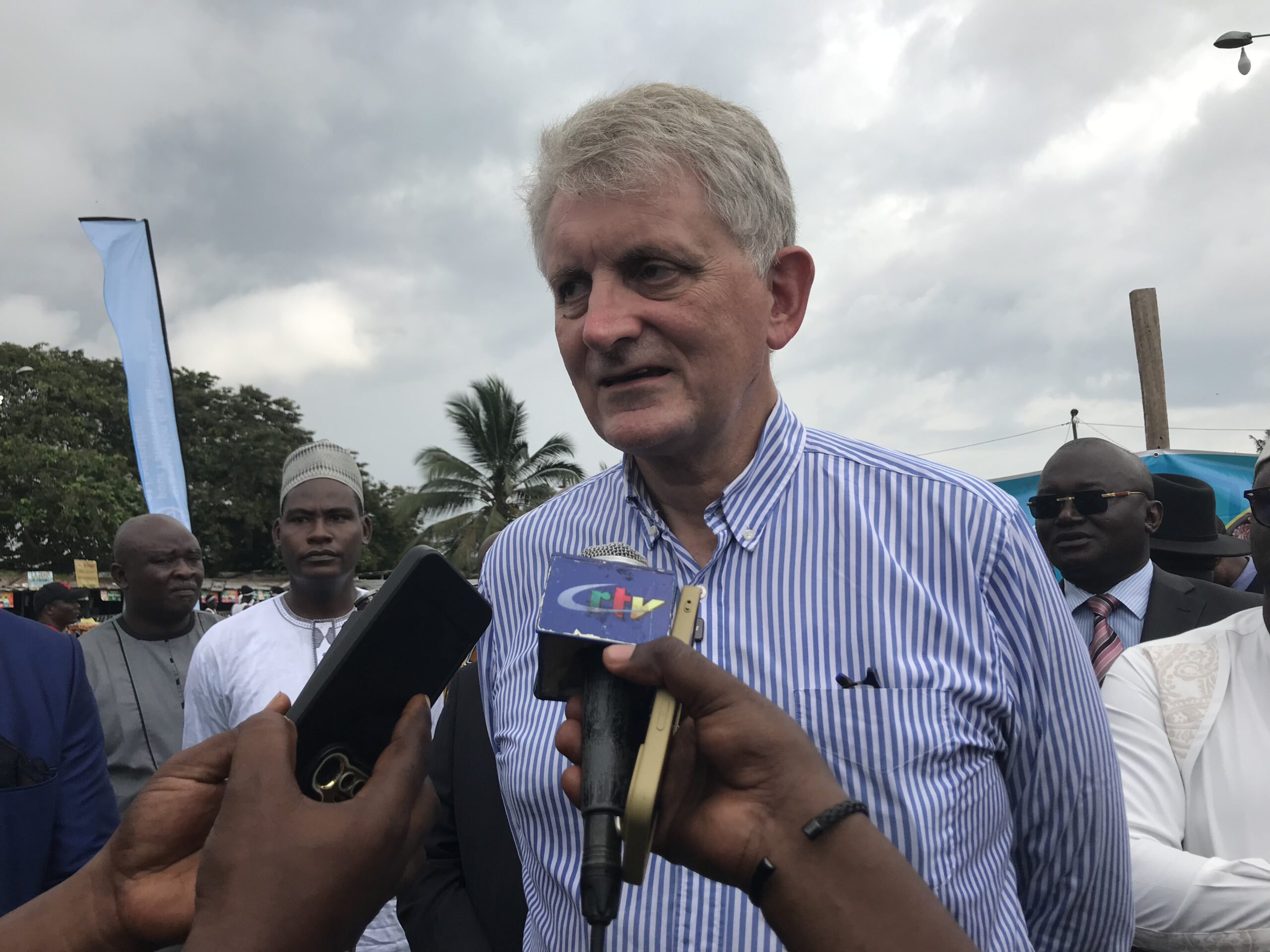By Leocadia Bongben
AJean-Marc Chataigner, European Union Ambassador to Cameroon, says the Kribi-Lobe shrimp, in particular, are among the best and ought to be verified to obtain an identity.
Attending the Shrimp Promotional Day on World Fisheries Day in Kribi, Chataigner stated that Cameroon would benefit if the Lobe shrimp obtained a trademark connecting it to its place of origin, similar to that of Cameroon cocoa and Penga white pepper. “Cameroon can develop its international influence and good trademark if the shrimp can be traced to its origin and geographical location to attract the best price,” the EU Ambassador said.
The EU assists Cameroon in developing a highly sustainable fisheries management system and promoting economic output because shrimp farming is a significant economic sector that employs roughly 12,000 fishermen.

Chataigner said EU interest in the shrimp sector is within the framework of the EU’s RED CARD punishment, which forbids the sale of Cameroonian seafood in the EU market. As the administration introduced a new fisheries law in the national legislature, he praised Cameroon’s efforts to lift the prohibition.
The EU is dedicated to promoting Cameroon fish products through the project to guarantee the shrimp’s return to the European market, he stressed.
Hygiene was one of the factors that led to Cameroon receiving a red card to guarantee improved fish conservation.
Ice plant in Edenau and Limbe “The ice plant will increase the opportunity to conserve fish products by providing ice continuously,” said Pierre Nolasque Meke Soung, Coordinator of FISH4ACP. The current norm for conserving fish products is one kilogram of ice for every kilogram of fish.
Frequent ice supply shortages result in low-quality fish. Ice flakes are occasionally transported to Limbe from Douala. He emphasized that environmentally friendly ice-making equipment would be installed in the two locations.
The ice plant is part of the 12-nation FISH4ACP, supported by the German Federal Ministry of Corporations (BMZ) and the European Union. To conclude efforts of the upgrading strategy established in 2022, the project, originally scheduled to conclude in 2025, was extended until 2026.
FISH4ACP has organized the Plateforme Crevettes du Cameroun (PLACRECAM) value chain as a multi-stakeholder partnership. FISH4ACP works the platform to ensure that at the end of the project, a group of persons advocating for issues related to the fishing sector will continue implementation in collaboration with the Ministry of Livestock Fisheries and Animal Husbandry.
“We have been providing training to fish processors and fishermen. We are pleased that the revised fisheries and aquaculture law is being introduced to the National Assembly today, as we have been diligently working with the Ministry of Livestock on it,” Meke remarked.

He hailed the new fisheries law presented to parliament, stating it would contribute to the shrimp management plan. Meanwhile, in the industrial fishing sector, the procedure for boarding skilled observers to gather information crucial for modifying fisheries management is almost complete.
FIS4ACP has carried out the small-scale fisheries framework survey for the project to establish fish production at 6,000 metric tons from the artisanal fishing sector, supported by almost 11,000 fishermen.
Though not concerned with the RED Card, the project focuses on aspects of sanitary quality. This will provide the basis for the ministry to reverse the red card as provided for in the draft law.
The challenge for the FISH4ACP is the time limit for the stakeholders and beneficiaries to carry out activities, Meke said.
AMMCO Seren’s contribution to Fish management
To enhance fisheries management, FISH4ACP has inked a letter of agreement with African Marine Mammal Conservation, or AMMCO, which created the digital tool ‘Siren’ to track fishing and add to the Ministry of Livestock, Fisheries, and Animal Husbandry’s database. Another digital instrument, ‘Calypso,’ is used for industrial fishing.
Given the challenge to make well-informed judgments without precise data, Cedrick, Forgwan citizen science program officer at AMMCO, notes that the organization created the Siren app to assist fishermen in collecting data for conservation.
According to Forgwan, the AMMCO president’s investigation, which failed to find the manatee after a two-month search, served as the impetus for the app. He discovered he was searching in the wrong direction and at the incorrect location for the manatee. He then realized that fishermen are key to gathering information for scientists in the sea, leading to the creation of ‘Siren.’
The application was optimized to gather and digitize data. Fishermen take photos of bycatch, stranded dolphins, pollution, and illicit fishing. The software manages information such as time and location. They can gather up to four images for a single observation, which are then submitted to a platform where someone verifies that they were taken.
Feedback is shared with fishermen so they remain engaged, support conservation, and change the behavior of fishermen seen as a source of irregularities. Forgwa cited the example of a fisherman in Limbe who observed a trend of a turtle species, leading him to stop eating the marine turtles. He is now an advocate of sea turtles.
When data is collected, information is sent to the authority, MINEPIA, regional delegations, or ministries for them to take action. Fishermen are now considered as part of the solution.
Laurent Sanchez, an AMMCO scientist who practically demonstrated how the app works, voiced the impossibility of having a permanent presence to monitor marine life, which is why the app comes in handy. Thanks to the app, about 80 turtles and other species have been rescued.

Gérald Tchatchoua, FAO Cameroon’s interim representative, stated that 60 percent of shrimp producers are artisanal fishermen. He said FAO supports the small producers who contribute to the sector. Shrimp is a key product in Cameroon, consumed in other countries, and in terms of import substitution, shrimp has positioned itself as an important product for food security.
FAO, which provides technical expertise in irregular, uncontrolled, and unreported fishing, contributes to the sustainable management and development capacity of shrimp in Cameroon, he explained.


